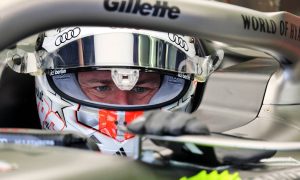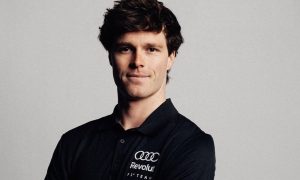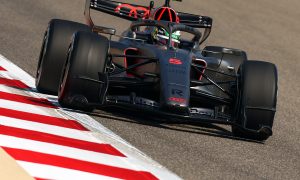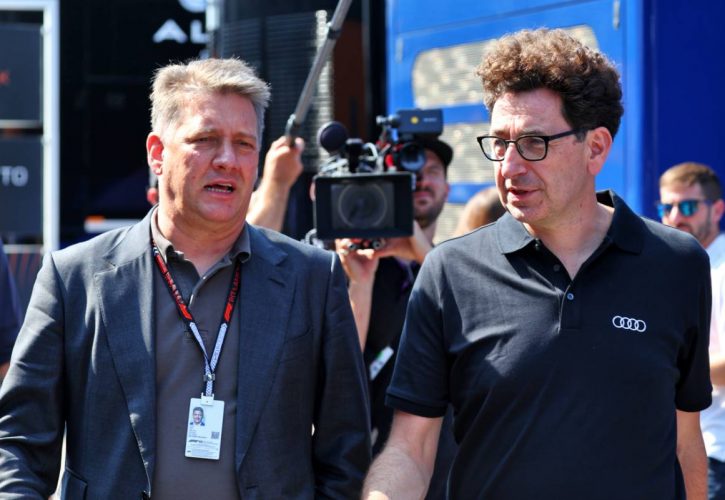
Mattia Binotto, Audi's recently appointed Formula 1 chief operating and chief technical officer, has expressed significant concerns over the current performance of the Sauber team, which Audi will fully take over in 2026.
Speaking at Monza ahead of this Sunday’s Italian Grand Prix, Binotto did not hold back in his assessment of the situation, describing the team's last-place position in the constructors' championship as something Audi "cannot accept."
Sauber has endured a challenging season year-to-date and remains the last team on the grid that has yet to score a championship point.
Despite Audi's forthcoming involvement bringing a fresh wave of changes and expectations, the current state of affairs is causing alarm among the team’s new leadership and among the German manufacturer’s top brass.
“We cannot afford it,” commented a candid Binotto. “I think this is the team that has to become, in the future, a winning team. And the only way to do that is starting to move up, progressing. We need to train our muscles for the future.
“So, yes, I think we need certainly to improve. That's important for ourselves, that's important for the team. It's important for the brand. It's important for our partners. And we cannot somehow accept the current position.”
Binotto emphasized that while Audi's long-term vision is to transform Sauber into a competitive, race-winning outfit, immediate improvements are essential.
He made it clear that the ongoing struggle at the back of the grid is not something that can be ignored or allowed to continue unchecked.
“We cannot hide behind the fact that we have been last and second last in the Zandvoort race, and qualifying [here], the same positions some distance to the cars ahead. So, we need to put effort in improving,” argued the former Ferrari F1 chief.
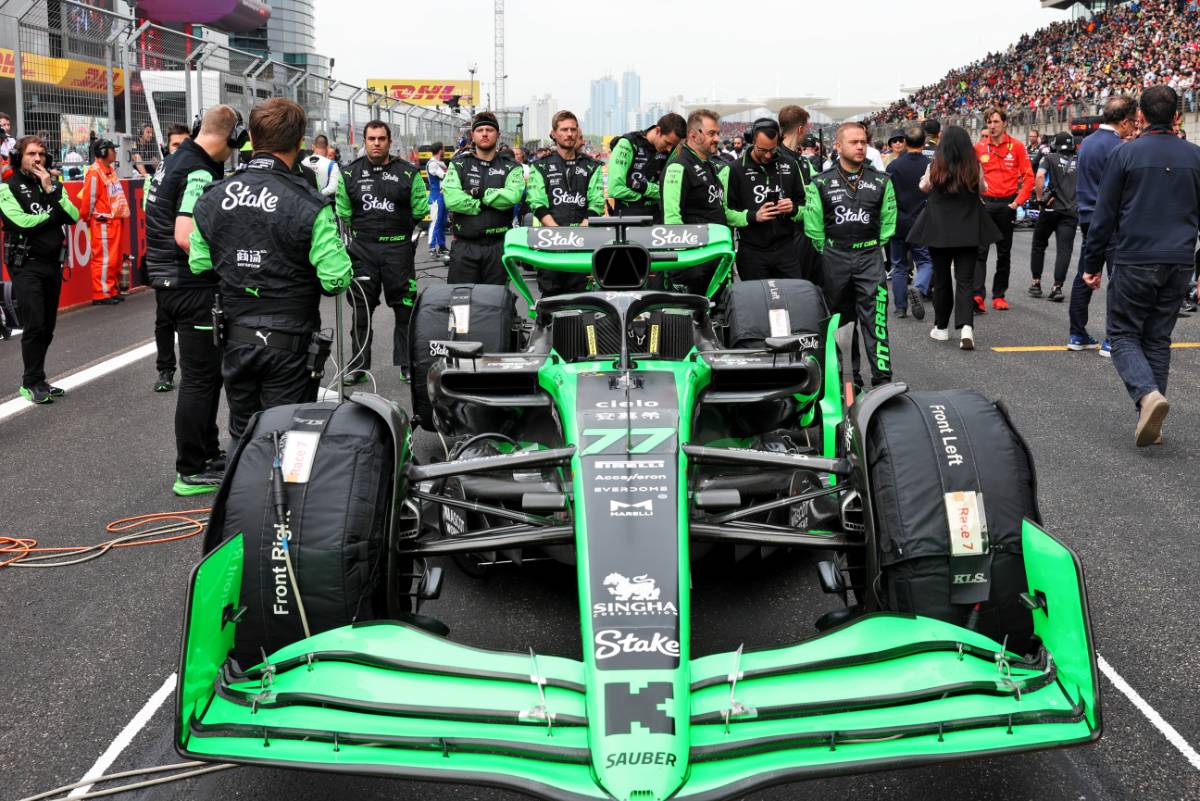
“We need to balance all the priorities and our efforts from the short to the medium and the long term. But I don't think certainly that our position today is a comfortable one for us at all. It's very painful.
“As I said, we need to train our muscles, and we need to improve because the solid foundations do not come in one day. It's a team that needs to do continuous progress every single day, step by step. So, starting from as soon as possible I would say.”
Binotto, who officially began his role with Audi and Sauber on August 1, has been closely analyzing the team's current capabilities and future potential.
He admits that there is a substantial amount of work to be done to bring Sauber up to the level of a race-winning team.
“In a couple of weeks, you cannot see everything,” he explained. “Certainly, you've got only a first impression of what you may find or see, both in Hinwil for the chassis, or in Neuburg for the powertrain.
“But I think there are great people. We've got a clear intentions and objectives, ahead of us to become a winning team. But certainly, there is much to do, that is the first feedback.”
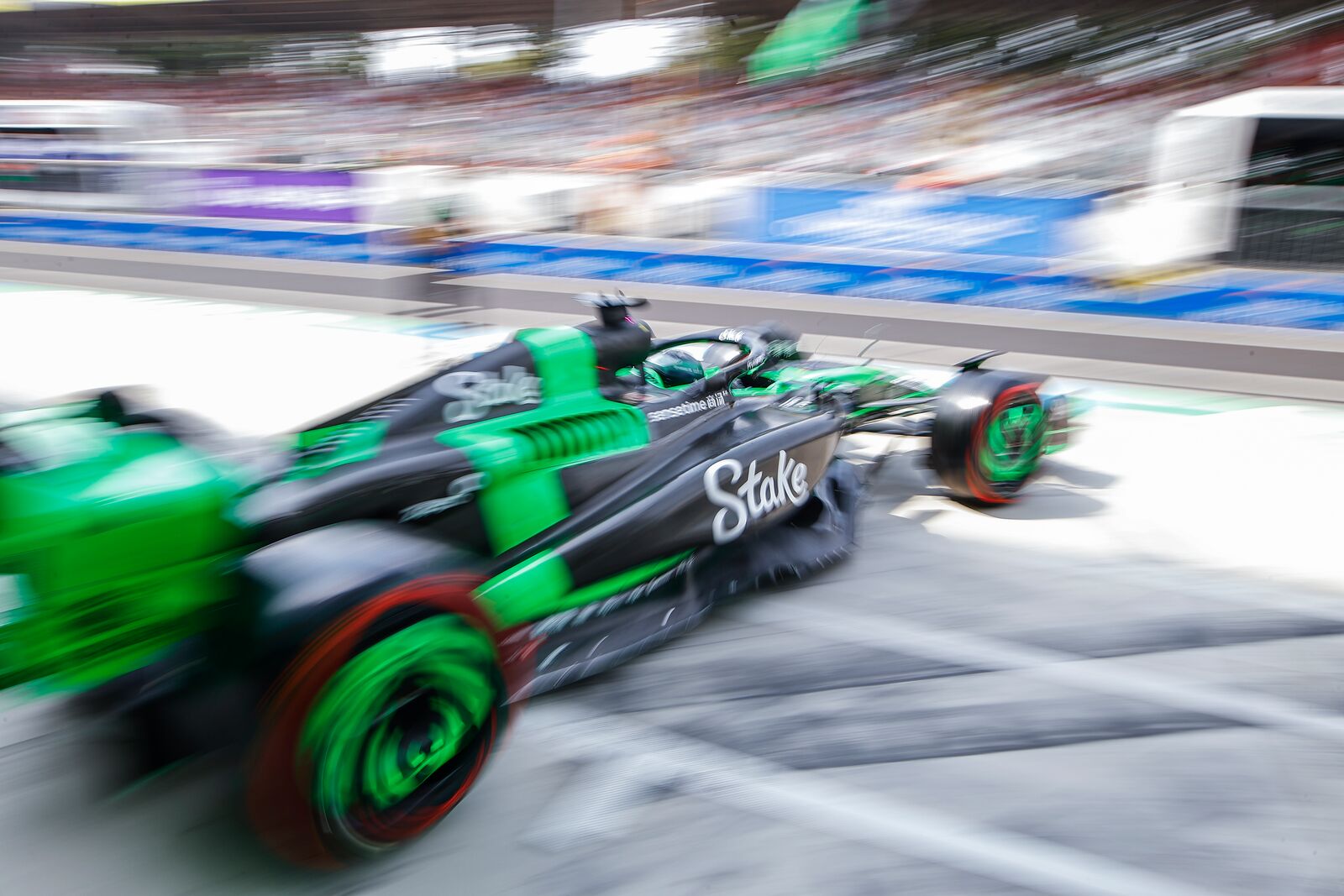
He acknowledged that transforming Sauber will be no small feat, particularly given the competition in Formula 1, where teams with extensive experience and substantial resources have been dominant for many years.
“We are competing against teams that have been for many years in F1. They are big organisations, up and down. And that is not our case,” the Italian added.
“We need to ramp up in terms of people, in terms of organisation, in terms of tools, process, methodologies, facilities. We need to merge, certainly, with what we're doing in Hinwil together with the one we are doing in Neuburg on the powertrain.
“And it's about as well, culture and mindset, because to become a winning team, it's about changing our mindset towards what is required.”
Audi CEO Gernot Doellner echoed Binotto's sentiments, recognizing that their journey to success in Formula 1 is a long-term endeavor.
He noted that since joining Audi in September of last year, he has come to realize that the timeline to reach the top may need adjustment.
“We see our F1 project as really a long-term project,” Doellner remarked.
“After I joined Audi, in September of last year, we did an evaluation of our project, and it ended up with the set-up we found, and also we maybe recalibrated our time path to a more realistic one.
“We can't tell details as we are still discussing several aspects of how to sort it out, but I think we are quite realistic when it comes to time.”
Keep up to date with all the F1 news via Facebook and Twitter




